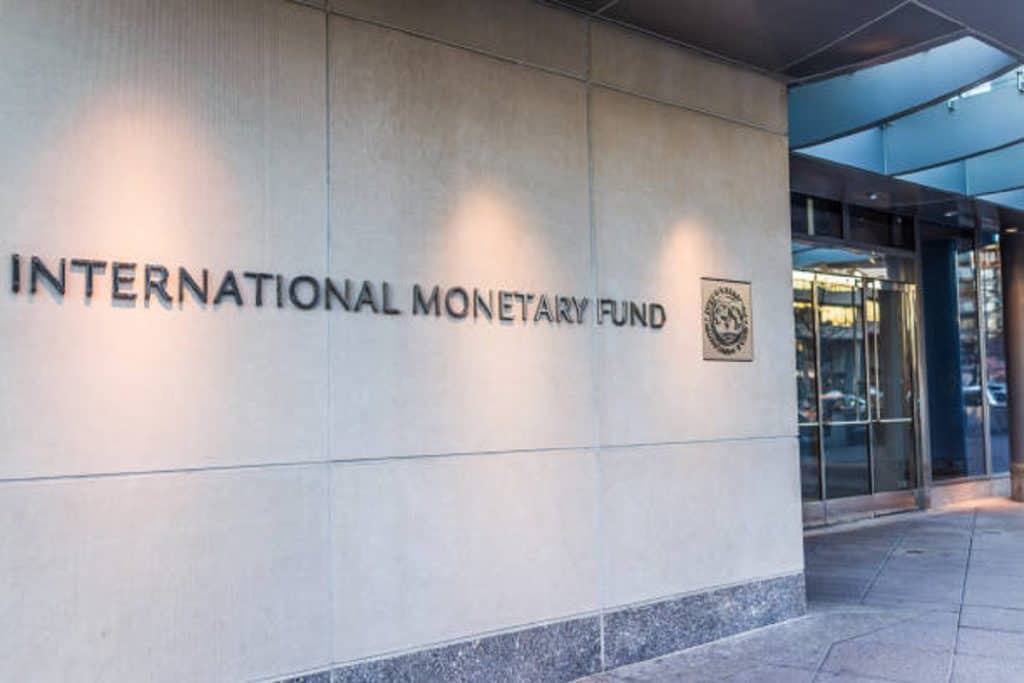India’s per capita GDP is set to slip below Bangladesh’s in 2020. IMF downgrades India’s GDP contraction further to 10.3%.
IMF’s Steep Revision
IMF in its World Economic Outlook October 2020 titled “A Long and Difficult Ascent” stated that India’s GDP is expected to grow at -10.3% as against the earlier forecast of -4.5% in June 2020. The revisions have come amid the severe GDP contraction in the second quarter of this year than expected. However, it will rebound by 8.8% in 2021, surpassing China’s projected growth rate of 8.2%. India’s GDP growth was at 4.2% in 2019. On the other hand, it expects the global economy to contract by 4.4%. Besides, it projects America’s economy to grow contract by 5.8% in 2020 and rebound by 3.9% in the next year. On the other hand, the Euro Area will contract by 8.3% this year and is expected to grow by 5.2% in 2021.
India’s per Capita GDP to Slip Below of Bangladesh
IMF projects Bangladesh per capita GDP in dollar terms to grow to $1,888. It’s per capita GDP has grown at a compound annual growth rate of 9.1% as against India’s growth of 3.2%. Further, the country’s growing export sector and a consistent rise in the quality of savings and investments have helped it to bridge the economic gap with the neighbouring nation. Taking a jibe at the Centre on this bleak outlook, Congress leader Rahul Gandhi regarded this as BJP’s achievement in its 6-year term.
Pandemic Reversed the Progress Made in Reducing Poverty Since the 1990s
IMF has also projected that India might experience the most significant implications of global warming, considering the high temperatures. However, the forecast for the impact of climate change on colder regions (Europe, North America) is somewhat less.
The multilateral lending organization has warned that the pandemic has reversed the progress made since the 1990s in reducing poverty. Further, it added that around 90 million people could fall below the $1.90 a day income threshold of extreme deprivation.
Chief Economist, Gita Gopinath conveys that the cumulative loss in output is expected to grow from 11 trillion over 2020-21 to 28 trillion over 2020-25, which will give a setback to average living standards across all countries. Further, she added that there is a greater need for international cooperation and income support by governments to mitigate the impact of COVID-19.
In all, the scaling of this calamity is highly uncertain and may run for long. Hence, the world will find it challenging to catch up to the pre-pandemic growth level fully.

